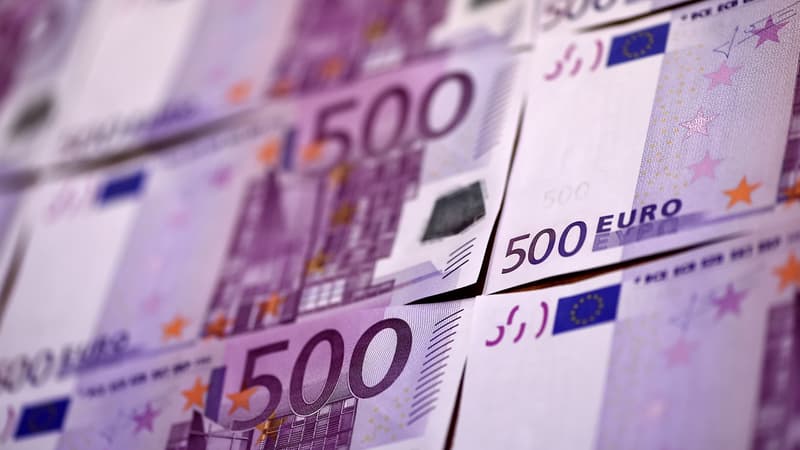A hole of 160 billion euros. This is the State’s deficit according to the NGO Oxfam tax revenues linked to the inheritances of the ultra-rich.
These are the different niches and tax exemptions that could be at the origin of this colossal deficit.
But what does this figure of 160 billion cover? The NGO took the assets of the 25 largest French fortunes over 70 years old, applied an average rate of 10% (the same rate applied on average to the 0.1% of the largest inheritances) and estimated that without the various tax loopholes, 200 billion euros should go into the state coffers instead of the 46 billion euros in revenue expected.
There is certainly a need to improve the wealth tax system. Upper middle classes, for example, who essentially transfer real estate assets pay more taxes on average than rich or very rich households who transfer businesses or shares in industrial and commercial companies.
Another problem is the increasingly later age at which we inherit, which currently exceeds 50 years on average. A transmission of wealth that does not fully benefit the economy since at this age we tend to save it instead of reinjecting it into the economy.
But do the niches and exemptions only benefit the rich? It’s more complicated than that. First of all, it should be remembered that the most modest French people also escape tax, since they are exempt from taxes on up to 100,000 euros of transferred assets. However, half of inheritances in France are for less than 70,000 euros.
The Dutreil pact exempts company transfers
Furthermore, the tax loopholes mentioned also have an economic interest. Starting with the Dutreil pact, which allows exemption of up to 75% of the value of the assets destined for the operation of the family business during its transfer.
The aim of this measure is to enable the sustainability of family SMEs. Indeed, the wealth of the richest is essentially professional. High transfer taxes would lead to the sale or dissolution of many companies in a country like France, where the SME network is the weak point of our economy.
It should also be noted that, despite these special exemptions and other exceptions, France is one of the countries that already taxes transfers the most. Taxes on free transfers (gift and inheritance taxes) represent 1.4% of all tax revenues according to OECD data. This is compared to 0.7% in the United Kingdom, 0.5% in Germany, 0.1% in Italy and an average of 0.36% in the 35 richest economies on the planet.
Moreover, since the early 2000s, 15 of the 35 OECD countries have abolished inheritance taxes. France has tended to increase them, for example by taxing life insurance more heavily.
Finally, it should be noted that, contrary to popular belief, wealth inequalities have not skyrocketed in recent decades in France. As this INSEE article indicates, they have even decreased significantly over a long period.
The richest 10% certainly now own more than half of total private wealth (54%), but this rate has remained broadly stable for 30 years. It was much higher during the “30 Glorious Years”, with 72% of wealth in the hands of the richest 10% in 1965, for example. Without even going back to the beginning of the century, when 85% of the country’s wealth was in the hands of the richest 10% of French people.
Source: BFM TV


